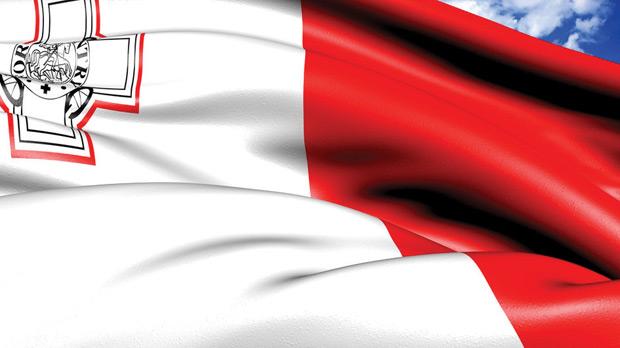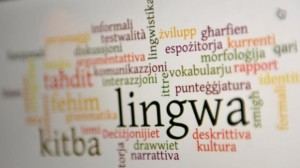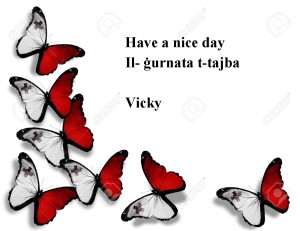A common question asked by students to many Maltese is about our language. Many students, while visiting the Maltese Islands, may pick up on words which are similar in their own language.
These similarities to other languages means that many Maltese have the capacity to be at least bilingual or trilingual, with many children studying 3 or 4 languages while still in secondary school. Maltese is the co- official language together with English. Other languages learnt at school vary between Italian, French, German and Spanish.
Maltese is derived from a form of Arabic that was developed in Sicily and later introduced to the island’s inhabitants. Unlike in Sicily where the language became extinct and replaced by Sicilian, in Malta, the language developed with time to include vocabulary and aspects from the many foreigners that came to inhabit the island- most notably the Knights of Saint John, which comprised of noblemen from many different European countries.
According to different sources, around half the vocabulary comes from Italian or Sicilian, around a quarter from English and the rest from the original language- mostly function words.
Facts about the Maltese Language:
- Maltese uses a modified Latin alphabet, this includes letter such as ż, ċ, ġ, ħ, and għ– but does not include the letter c.
- Although Malta is very small, there are various dialects and accents. These depend on which part of the island you are from and also where you attended school. Many Maltese also speak with a highly Italianized or Anglicized (more English) accent.
- Local newspapers can be found in both English and Maltese.
I do believe that due to the Maltese language being so vast, it gives many an understanding of different languages and possibly lends to the fact that many foreigners feel so “at home” in Malta. Although Malta is a prime destination for English language learning, students feel like they have a safety net and no matter where they are, if they need help, they will surely be able to find someone to communicate in either English or possibly their own native language.












